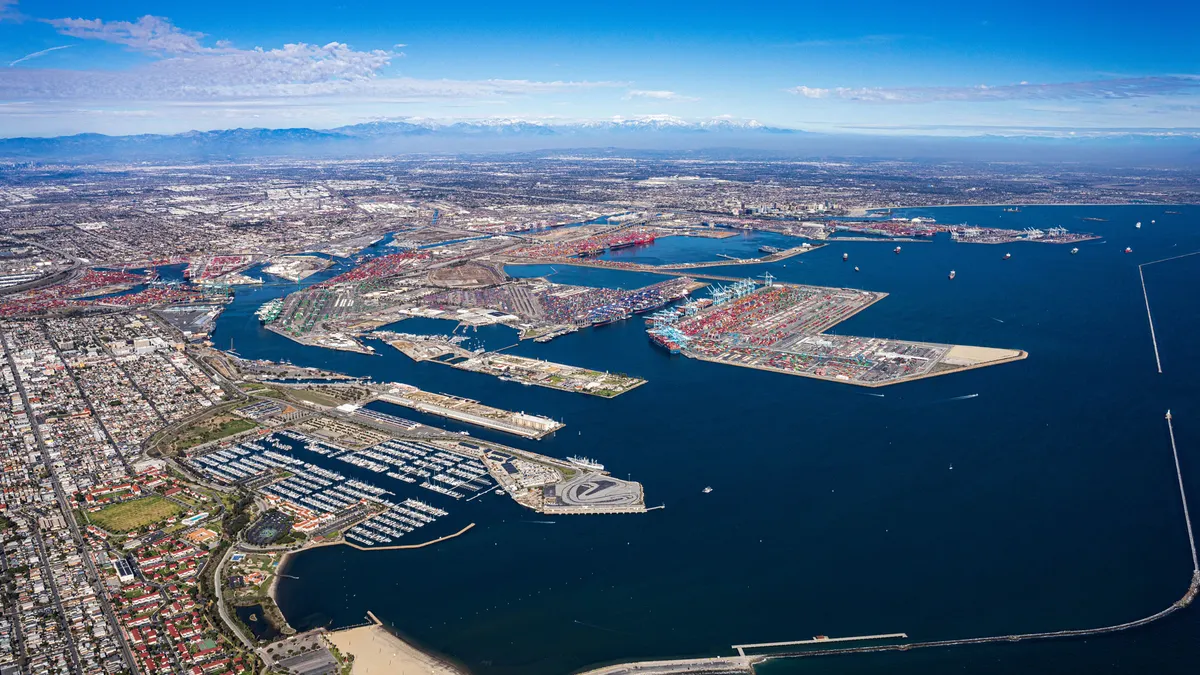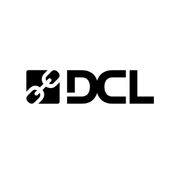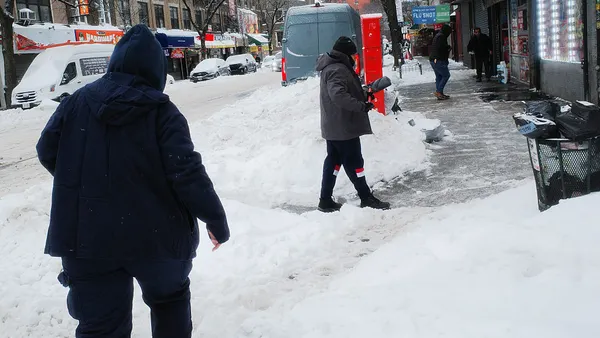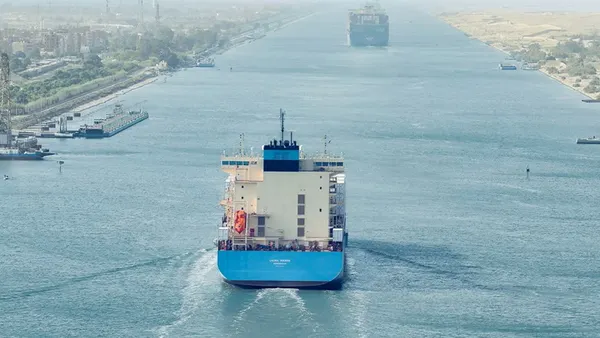Maintaining strong industry connections will continue to be a critical tool to defend against shifting tariffs, according to Richard DiNucci, a senior international trade advisor at Venable LLP and former U.S. Customs and Border Protection director of field operations.
Numerous companies have implemented various mitigation measures to shield themselves from President Donald Trump’s overhaul of U.S. trade policy. But businesses still need to make sure network or operational adjustments are compliant with new levies and trade rules, DiNucci said during an Oct. 15 Port of Los Angeles media briefing.
DiNucci said navigating the future of the supply chain will require companies not to make assumptions about what customs may or may not do. Instead, businesses must seek out that information and from the right sources, especially when taking on an effort like adjusting the supply chain.
“I think you really have to engage carefully,” DiNucci said.
For starters, DiNucci suggested connecting with a licensed customs broker.
“When you're looking at the sorts of tariff situations or restructuring transactions, you have to do it right, because the customs scrutiny in this regard is increasing daily,” DiNucci said. “We've got a lot of clients that are looking at audits, because customs is now looking deeply in terms of how revenue is being protected.”
In addition to finding the right customs experts, DiNucci said companies should establish relationships with brokers, consultants and even ports, both on a local and national level, if they haven’t already. Being actively involved with industry trade associations can also be a key.
“And if you're not involved in associations, you should get involved in associations, because your knowledge is what's going to get you through this,” DiNucci said.
Getting a clear picture of how customs is operating today is more challenging given the U.S. government has been shut down for nearly four weeks.
“If you go to the headquarters level, it's a little difficult right now to get through to folks, because they're dealing only with those circumstances that require immediate attention,” DiNucci said.
However, he and Port of Los Angeles Executive Director Gene Seroka both noted that as of the time of the media briefing, customs and ports are fully operational, as some CBP agents have been deemed essential and exempted from staff reductions during the disruption.
“You really shouldn't see too much of a change at ports of entry,” DiNucci said.















